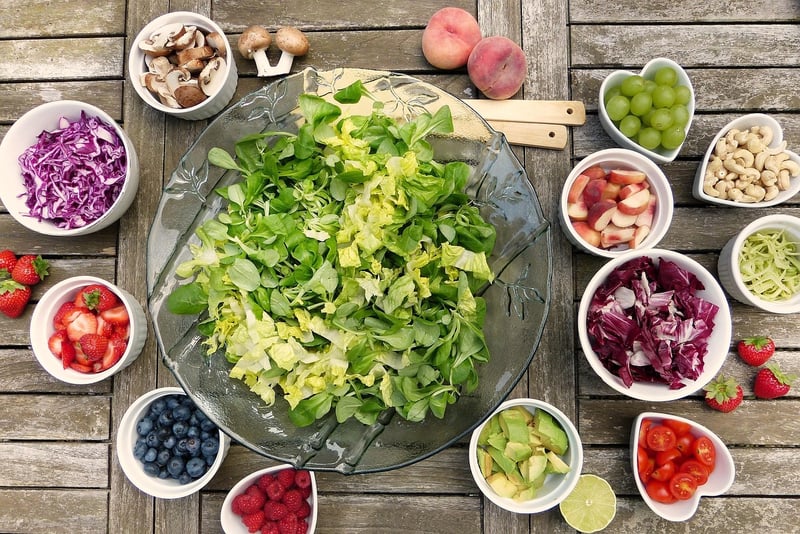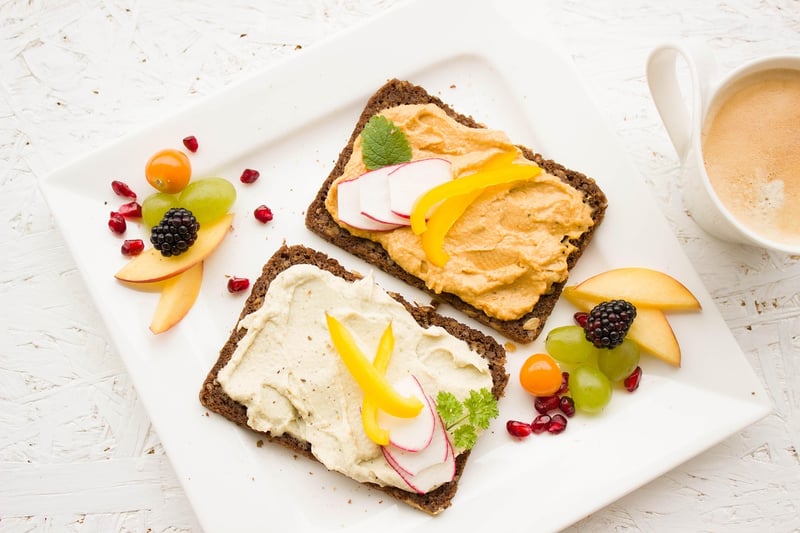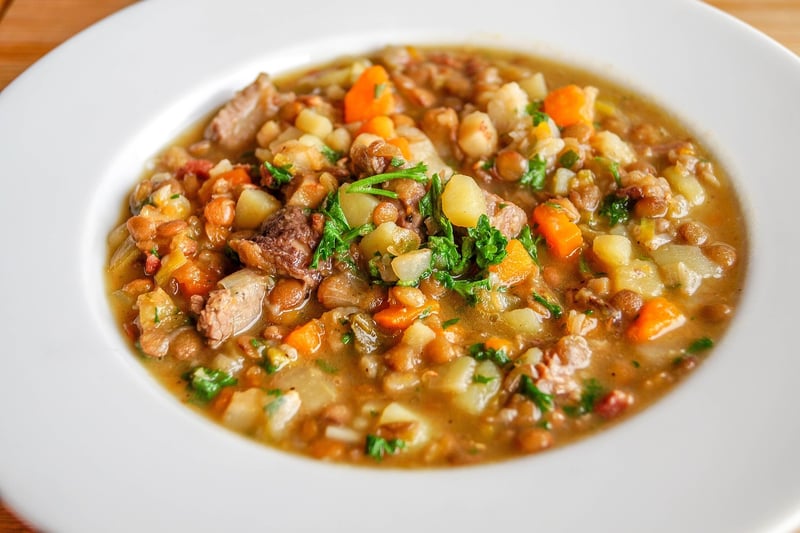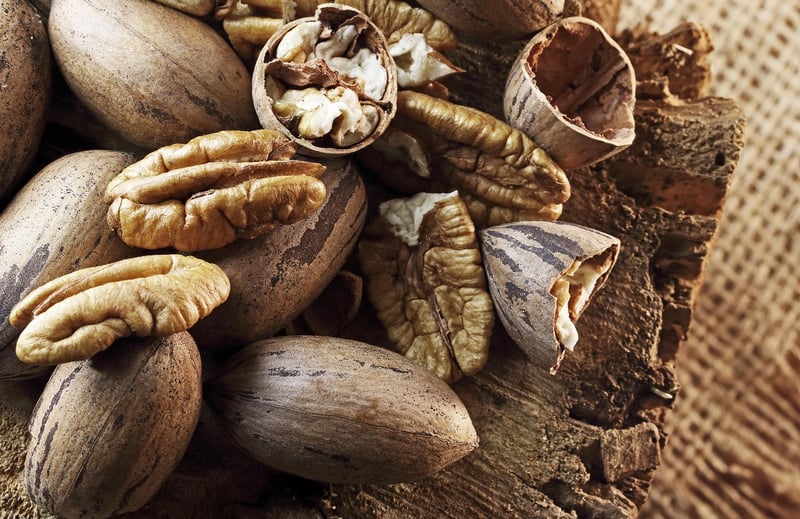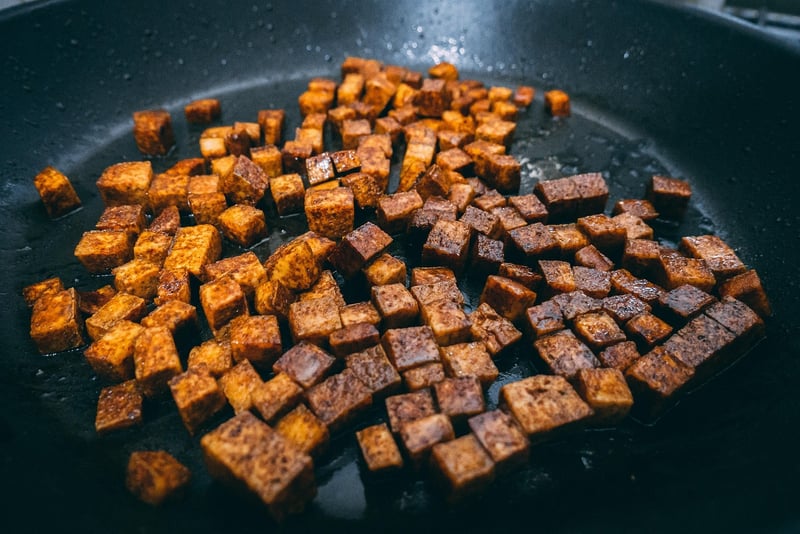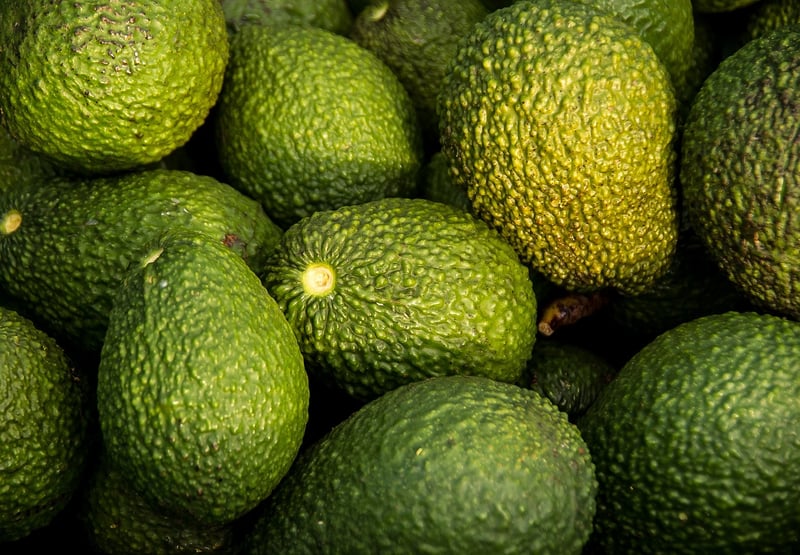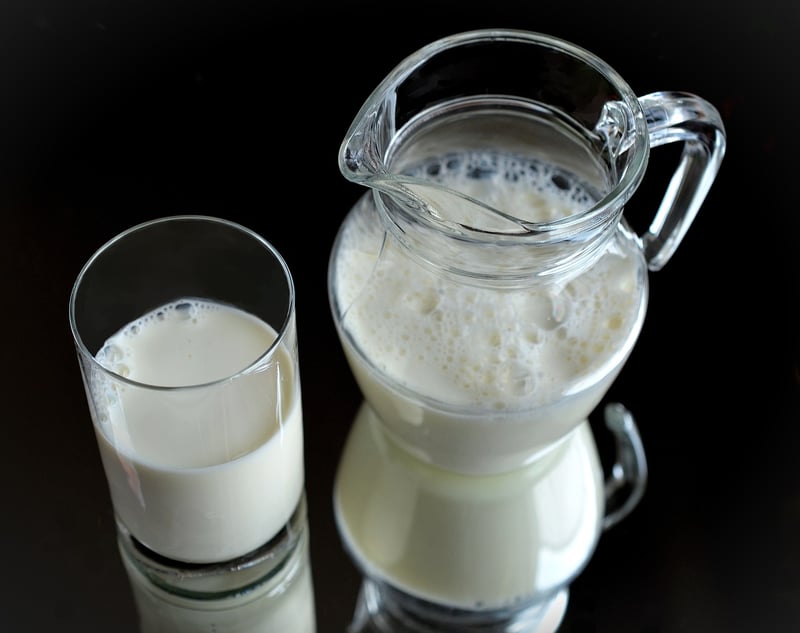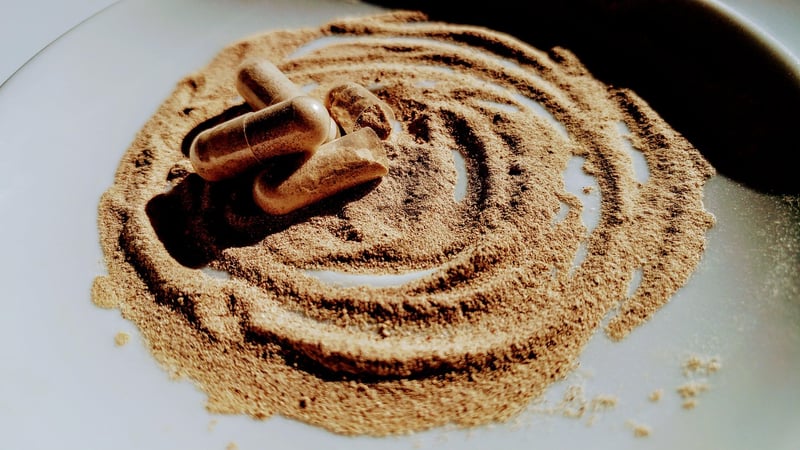Plant-Based Alternatives
The Essential Elements of a Plant-Based Diet
Switching to a plant-based diet has numerous health benefits for both you and the environment. Embracing plant-based alternatives can help reduce your carbon footprint, improve your overall health, and support animal welfare. If you're considering transitioning to a plant-based lifestyle, here are the essential elements you need to know:
1. Fruits and Vegetables
Rich in vitamins, minerals, and antioxidants, fruits and vegetables should form the foundation of your plant-based diet. Aim to include a variety of colors to ensure you're getting a wide range of nutrients.
2. Whole Grains
Whole grains like quinoa, brown rice, oats, and whole wheat pasta are excellent sources of fiber and essential nutrients. They can help you feel full and satisfied while providing sustained energy throughout the day.
3. Legumes and Pulses
Beans, lentils, chickpeas, and other legumes are great sources of plant-based protein, fiber, and iron. They can be used in a variety of dishes, from soups and stews to salads and wraps.
4. Nuts and Seeds
Nuts and seeds are packed with healthy fats, protein, vitamins, and minerals. They make great snacks on their own or can be added to salads, smoothies, and baked goods for extra nutrition.
5. Plant-Based Protein Sources
There is a wide range of plant-based protein sources available, including tofu, tempeh, seitan, and plant-based meat alternatives. These options can help you meet your protein needs while cutting down on animal products.
6. Healthy Fats
Include sources of healthy fats in your plant-based diet, such as avocados, olive oil, and coconut oil. These fats are essential for brain health, hormone production, and nutrient absorption.
7. Plant-Based Dairy Alternatives
Swap out dairy products for plant-based alternatives like almond milk, coconut yogurt, and cashew cheese. These alternatives are often fortified with vitamins and minerals to match the nutritional profile of dairy.
8. Hydration
Staying hydrated is key to overall health. Opt for water, herbal teas, and infused water to keep your body hydrated and functioning at its best.
By incorporating these essential elements into your plant-based diet, you can enjoy a wide range of delicious and nutritious meals while reaping the benefits of a more sustainable and compassionate way of eating.
